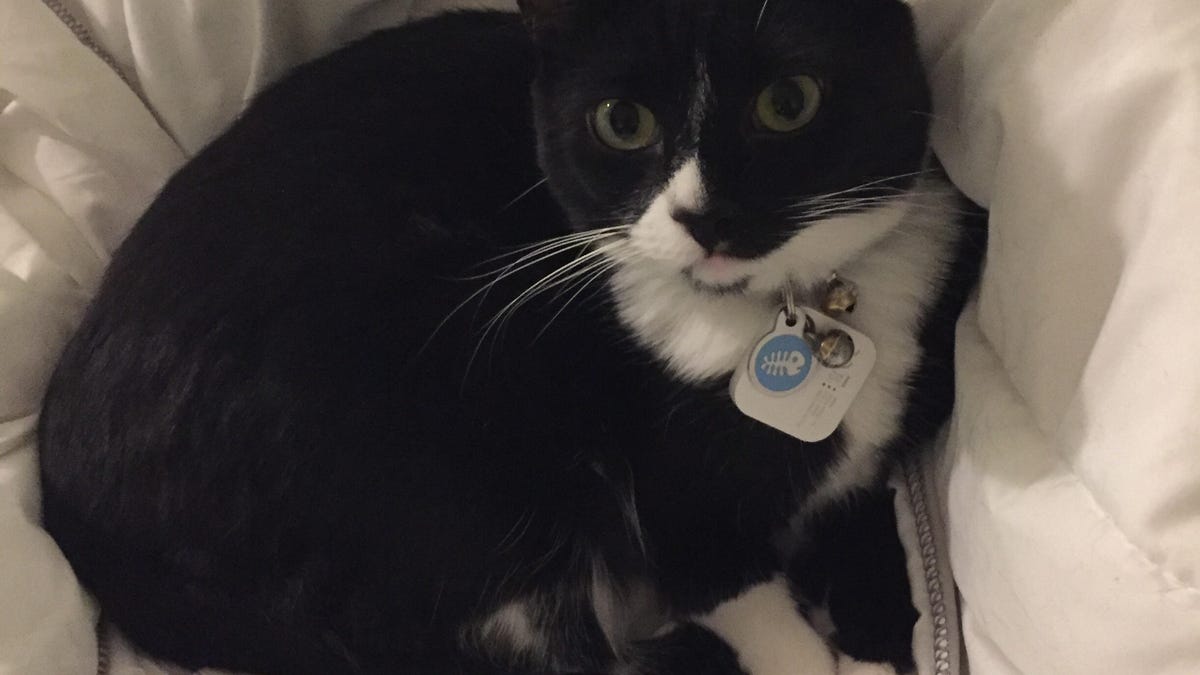Sorry, your cat hated having you at home during lockdown
Having their humans home more was mostly paw-sitive for dogs, but some cats wished you'd just leave already, a survey says.

Tango says you can go back to the office anytime now.
It became a cliche of the coronavirus lockdown: Dogs were overjoyed their humans were suddenly home all the time, while cats couldn't wait for their people to get back to the office and leave them alone. Even The Wall Street Journal wrote up a jokey point-counterpoint with each pet having its say. (The dog headline was "Why Not Work at Home Forever?" while the cat headline bluntly declared, "America Needs to Get Back to Work.")
America needs to get back ti work from a different perspective. The eternal Dog vs Cat argument. pic.twitter.com/kRPl69yorf
— Barbara Ann (@BAMORRE) April 28, 2020
Now an Australian survey is providing some evidence to support the cliche, at least on the cat side of things.
Jessica Oliva of James Cook University in North Queensland, Australia, surveyed nearly four hundred people living alone in lockdown, with or without a dog or cat. The survey wanted to find out if interacting with pets protected owners from loneliness and made them more mindful.
She said the research showed pet interactions weren't associated with higher mindfulness scores, or lower levels of loneliness, though there were differences between cat and dog owners. Dog owners were forced to go out to walk their pets, so they interacted more with people and things outside their home, which was good for their mental health.
But the owners were also asked to interpret how their pets felt about the whole thing. Oliva told Australia's ABC News that almost all dog owners reported that their pets were happy with more owner time, but that wasn't echoed by cat owners.
Dogs, the survey said, generally became happier and more relaxed with the extra attention, although some people reported that their dogs became more clingy and needy. Cats experienced a greater variety of changes. Some were positive -- certain owners did report that their cats were happier and more affectionate and playful. But others said their pets reacted in stereotypical cat ways.
"We got some responses that the cats were put out with their owners being home all the time and invading their space," Oliva said. "About 50 percent of cat owners reported that their cats were behaving in ways that were interpreted as being 'put out' by their owners all the time. Whereas almost 100 percent of dog owners reported that their dogs were just loving the fact that they were home all the time."
The university's research was published this week in the International Journal of Social Psychiatry. Not, as some might have guessed, in the Journal of the Department of "Duh."

